On Reconditioning an infested Rose Bed
Chambray
19 years ago
Related Stories
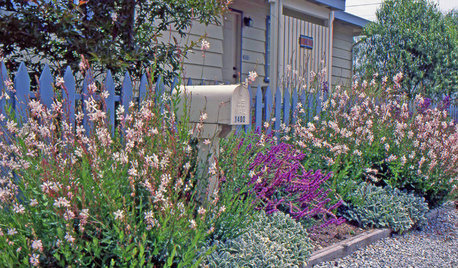
GARDENING GUIDESGreat Design Plant: Gaura Lindheimeri
Delicate, butterfly-shaped flowers ‘float’ above the foliage of this lovely, drought-tolerant perennial
Full Story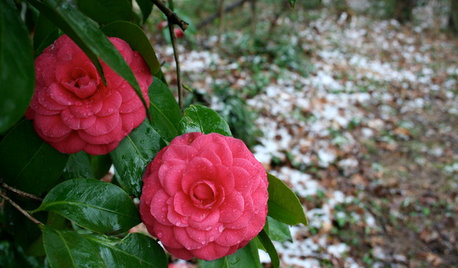
GARDENING GUIDESSoutheast Gardener's November Checklist
You're probably on top of planting bulbs, but don't forget to keep an eye on frost and drain your mower's gas tank
Full Story
GARDENING GUIDESHow to Pick a Mulch — and Why Your Soil Wants It
There's more to topdressing than shredded wood. Learn about mulch types, costs and design considerations here
Full Story
EDIBLE GARDENSHow to Grow Your Own Sweet Summer Crops
This guide will help any gardener get started on growing the freshest warm-season veggies and berries for summer
Full Story
EDIBLE GARDENSGarden BFFs? Why Your Vegetables Are Begging for Companion Plants
Foster friendships among plants for protection from pests, pollination support and color camaraderie
Full Story
GARDENING AND LANDSCAPINGBid Bad Garden Bugs Goodbye and Usher In the Good
Give ants their marching orders and send mosquitoes moseying, while creating a garden that draws pollinators and helpful eaters
Full Story
HOUSEPLANTSHow to Force Amaryllis Bulbs Indoors
Enjoy vibrant red blossoms even as gardens turn snowy white, by teaching this hardy repeat performer to ignore the calendar
Full Story
FEEL-GOOD HOMETap Into Your 5 Senses to Find More Peace at Home
Counteract screen overload and stress by rediscovering basic ways to enjoy life
Full Story
HOUSEPLANTS8 Essentials for Healthy Indoor Plants
Houseplants add so much to our homes — and can thrive when grown in the right conditions. Keep these tips in mind
Full Story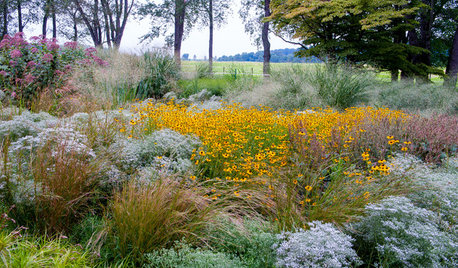
GARDENING GUIDESThe Surprising Ingredients Every Good Garden Should Have
See what to do — and not do — for lasting rewards in your landscape
Full StoryMore Discussions






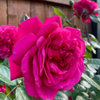
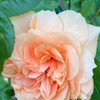
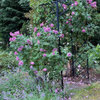
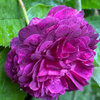
User
Kimmsr
Related Professionals
Allen Landscape Architects & Landscape Designers · New Mexico Landscape Architects & Landscape Designers · South Elgin Landscape Architects & Landscape Designers · Fort Myers Landscape Contractors · Harrisburg Landscape Contractors · Reedley Landscape Contractors · Rio Linda Landscape Contractors · Rockwall Landscape Contractors · Sugar Hill Landscape Contractors · West Orange Landscape Contractors · Antioch Landscape Contractors · Chicago Ridge Landscape Contractors · Sun Valley Landscape Contractors · Shenandoah Landscape Contractors · Ferguson Landscape Contractorsmichaelg
michaelg
ChambrayOriginal Author